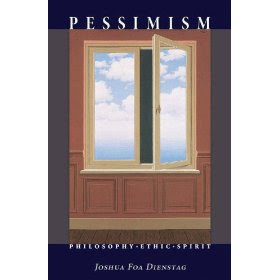 Environmentalism is changing. It once was a distinctly humanistic movement, pushing conservation as a way of ensuring prosperity to our posterity, cleanup of pollution, protecting of habitats and endangered species, etc.—all certainly human duties arising from human exceptionalism. But in recent years, environmentalism has been trending toward an explicit anti-humanism that sees “the planet” itself as having the highest value and people— because of our unique ability to impact the environment—as the enemies of the biosphere.
Environmentalism is changing. It once was a distinctly humanistic movement, pushing conservation as a way of ensuring prosperity to our posterity, cleanup of pollution, protecting of habitats and endangered species, etc.—all certainly human duties arising from human exceptionalism. But in recent years, environmentalism has been trending toward an explicit anti-humanism that sees “the planet” itself as having the highest value and people— because of our unique ability to impact the environment—as the enemies of the biosphere.
A recent entry in The Sustainable Dwelling Blog illustrates my point. The author improbably analogizes GM’s financial problems to the hard limits that he believes humans must accept to our activities and flourishing. He attacks American Exceptionalism—about which we need not be concerned here—but then turns to his true target; human exceptionalism. From the post:
As GM attempts to pull itself from the ashes of bankruptcy and politicians around the world promise the oxymoron of “sustainable” growth, nearly 7-billion humans are still mostly blind to the reality of ecological limits and harsh retribution of overshoot and collapse. This is the ultimate hubris—the hubris of human exceptionalism.
But this is nonsense. It is precisely human exceptionalism that provides the answers to the problems about which the author worries, it is not the cause. What other species imposes limits on itself to protect the environment or for the benefit of other species? None. What other species has the duty to be environmentally responsible? None. Indeed, if being human isn’t what requires proper ecological behavior, what does?
Of greater concern is the nihilism and pessimism—an acceptance of the premises of deep ecology— that seems to increasingly drive the new environmentalism. It is about reducing our prosperity, limiting our flourishing, and indeed, elevating “the planet” above the well being of human beings. If this anti humanism continues to subsume a healthy environmentalism centered in human exceptionalism, destitute people will remain mired in poverty, living standards will shrink, and human welfare will be generally diminished. Worse, since our behavior and policies tend to be based on our beliefs, this ideology could induce us to turn on ourselves—resulting in untold human suffering.
